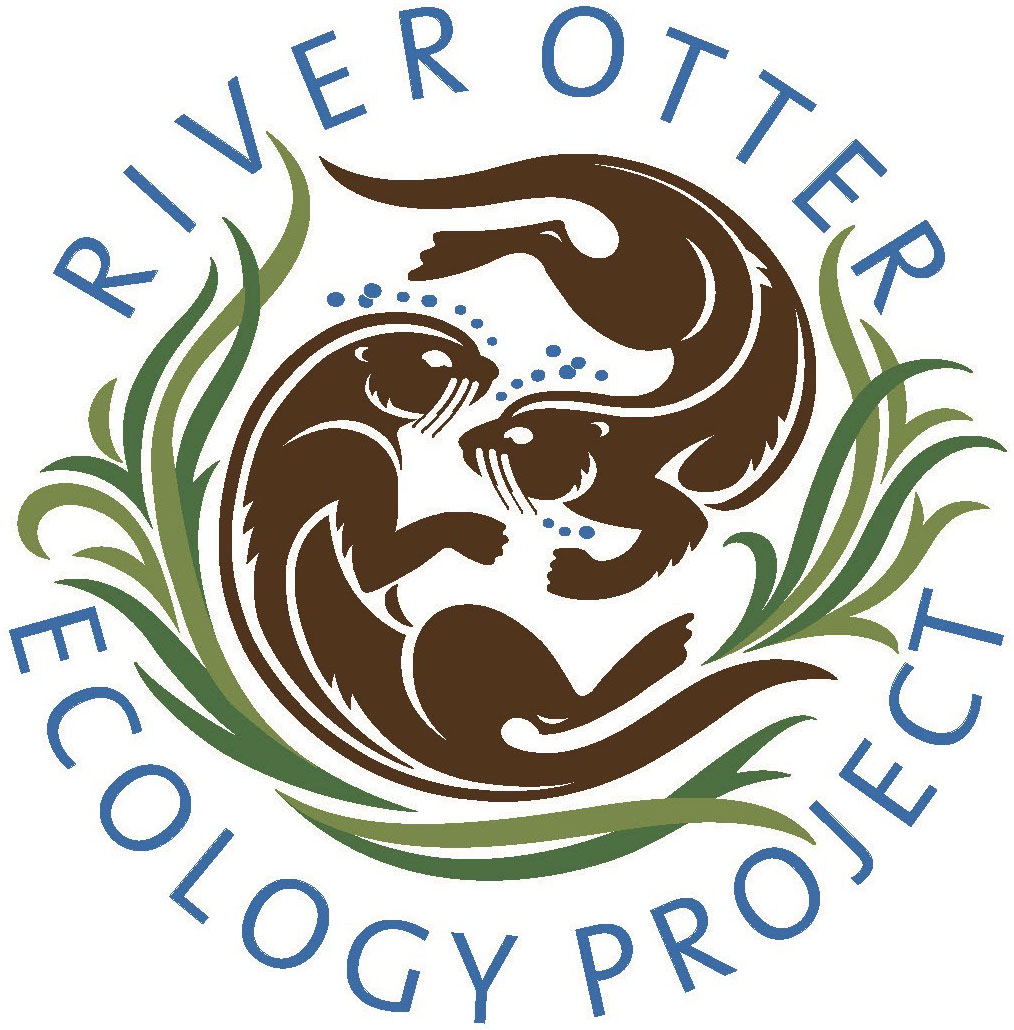People are Talking
There are as many reasons as otters, why people support our work to promote a thriving future for Bay Area river otters. We’re delighted that our donors and volunteers share our enthusiasm and love for these playful watershed ambassadors! Following are a few of their thoughts about otters, conservation, and the River Otter Ecology Project.
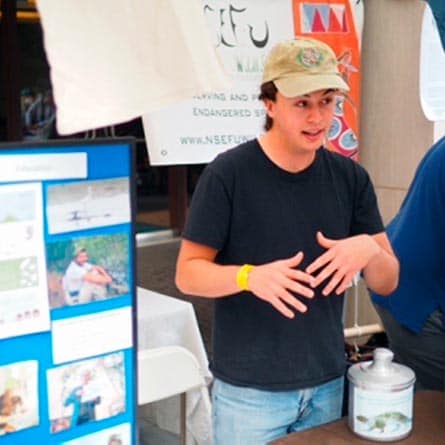
Brenden Collet-Grether, Senior Volunteer and Educator
A couple of years ago, when I saw my first wild river otter swimming in a small tidal inlet of Drake’s Estero in Point Reyes, I had yet to hear about the River Otter Ecology Project.
Read more.
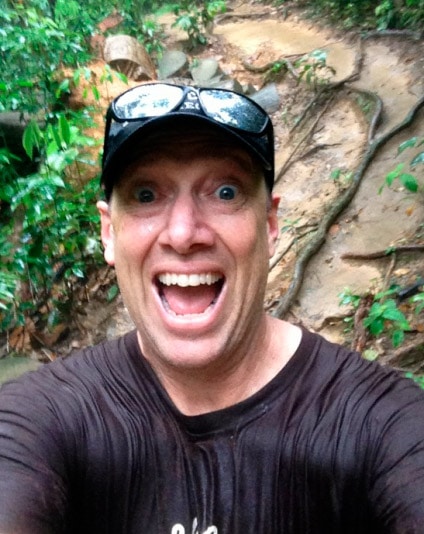
Peter Barto, Voice Actor and Client Development (Field Crew, Outreach, Education)
The road not taken for me was directed towards becoming a wildlife biologist.
Read more.
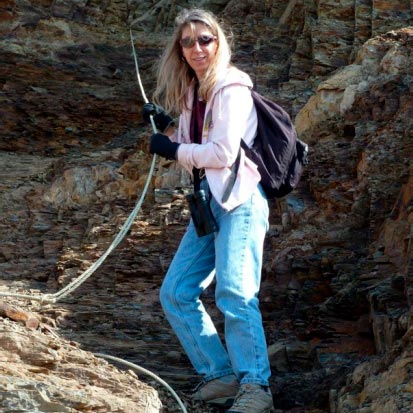
Maggie Rufo — Long-time Supporter
I decided awhile back to stop most of my support to large non-profits and to funnel my donations locally to grassroots organizations.
Read more.
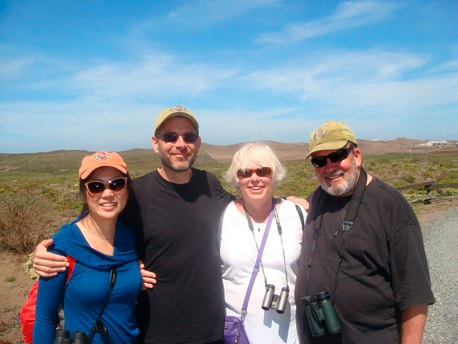
Cathy: What is it about the face of an otter? Is it the way otters bond and know how to have fun? Read more.
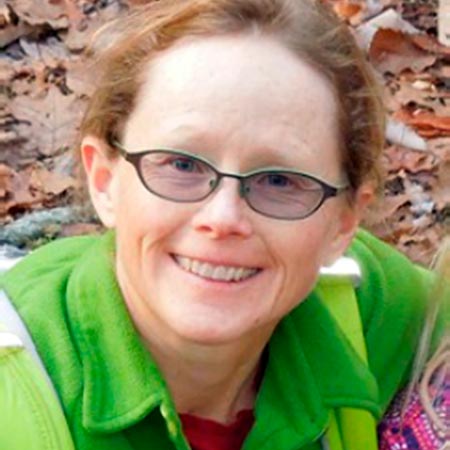
Before starting at the Rose Foundation, I spent my days floating down wild rivers in Montana, Idaho and Utah as a whitewater raft guide. Read more.
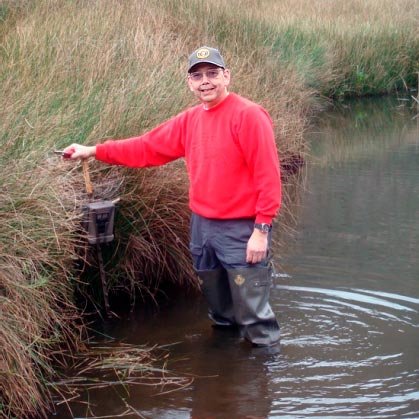
As a young lad, at school in England, I became enamored with Eurasian otter, and realized otters have much to teach us about co-existence with each other, as well as nature in general. Read more.
The River Otter Ecology Project is a registered 501 (c)(3) EIN #45-4997526 non-profit organization dedicated to the welfare of river otters and our watershed. Our organization is not affiliated with any other otter-related research group or community outreach organization.
© 2022 River Otter Ecology Project
